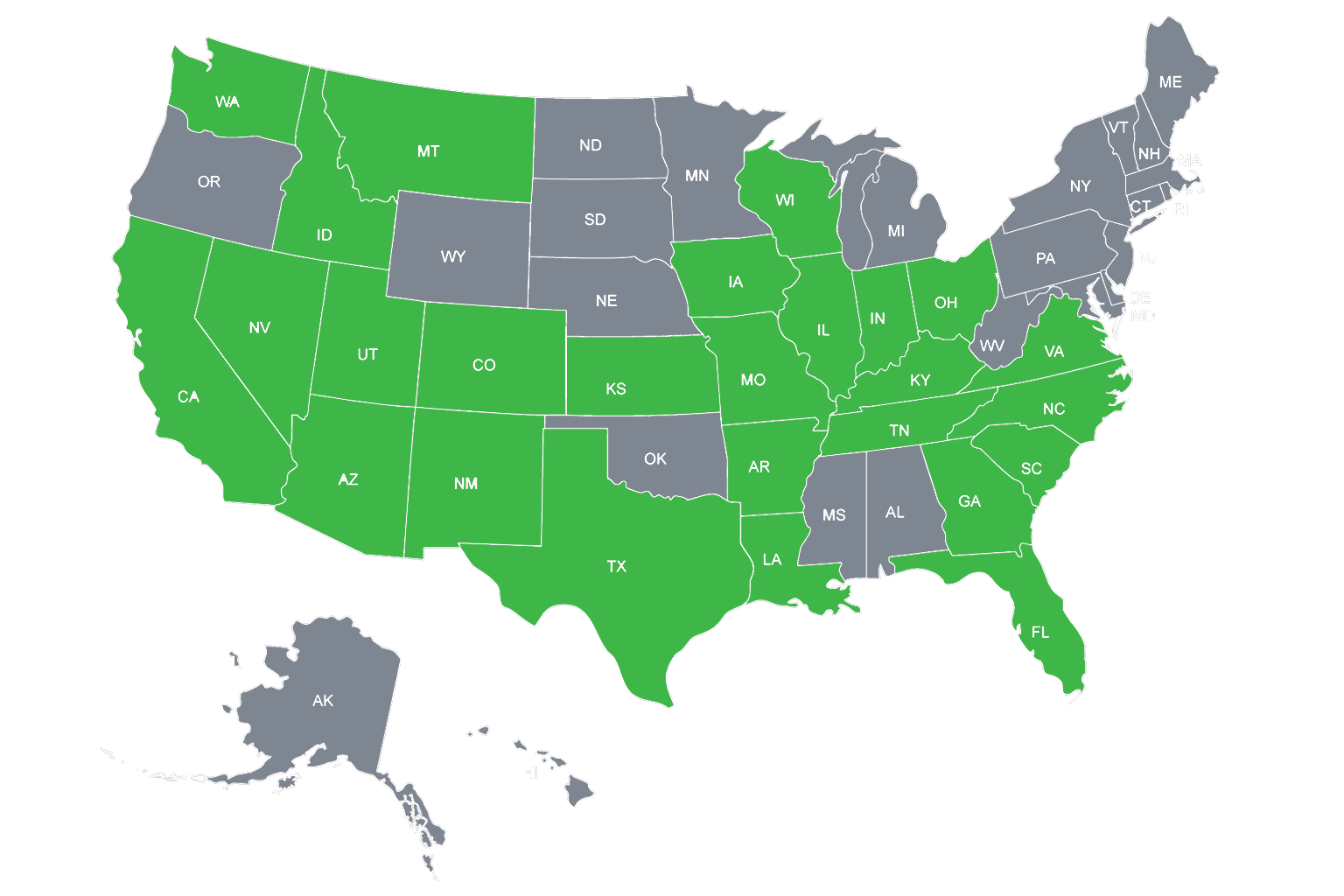Your Trusted Insurance Agency for Contractors & Blue-Collar Businesses
Affordable, reliable insurance solutions for contractors and blue-collar professionals. Secure your coverage today.

About BLUE COLLAR INSURANCE SERVICES
Insurance Built for Hardworking Blue Collar Professionals
Blue Collar Insurance Services specializes in providing insurance solutions for contractors and blue-collar businesses. Our mission is to offer straightforward, affordable coverage to protect your livelihood. Based in Carlsbad, California, we proudly serve businesses across the country.
- Industry-Specific Protection
- Affordable & Reliable
- Local Experts You Can Trust
Nationwide Coverage
Proudly Serving Clients Across the Country
From coast to coast, Blue Collar Insurance Services delivers reliable coverage and real support. We help individuals and businesses protect what matters most with insurance solutions that work as hard as you do.

WHY CHOOSE BLUE COLLAR?
The Right Coverage. The Right Price. The Right Team.
We make insurance simple, affordable, and tailored for contractors and blue-collar businesses.
Insurance for Contractors & Trades
We specialize in coverage for blue-collar businesses, ensuring you get the right protection.
Fast & Easy Quotes
Get a hassle-free quote in minutes with a straightforward application process.
Affordable Coverage Options
Competitive rates designed to fit your budget without sacrificing protection.
Expert Guidance & Support
Work with professionals who understand your industry and insurance needs.
Trusted by Businesses Across the USA
A proven track record of helping contractors and small business owners stay protected.
TEAM MEMBER
Meet the Experts Protecting Your Business
Our team is dedicated to finding the best insurance solutions for contractors, tradespeople, and small business owners.
Business Insurance Solutions
Strong Coverage for Hardworking Contractor Businesses
Industries We Serve
Insurance Built for Your Contractor Business
Tailored coverage for contractors, tradespeople, and small business owners.
Fast, hassle-free insurance designed for contractors and small business owners.
A Simple Process to Get Covered
How to Get Insured with Blue Collar?
Get a Quote
Fill out a quick form or call us for a fast, no-obligation quote.
Customize Your Coverage
Work with our experts to choose the right policy for your needs.
Get Insured
Secure coverage quickly so you can focus on your business.
TESTIMONIALS
What Our Clients Say?
Frequently Asked Questions
Common questions clients asked about Blue Collar
Clear answers to help you understand your insurance options.
Stay informed with the latest insurance tips




















